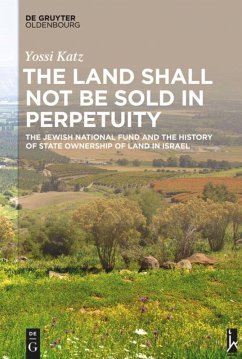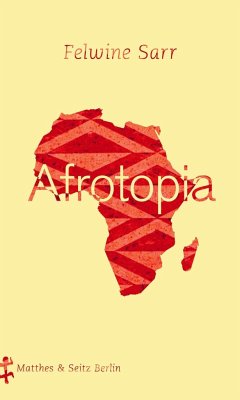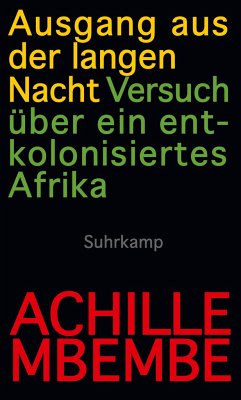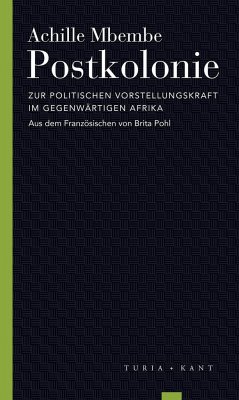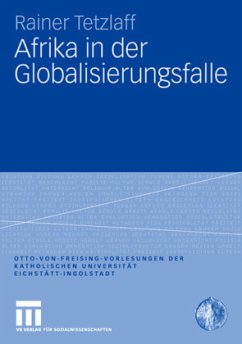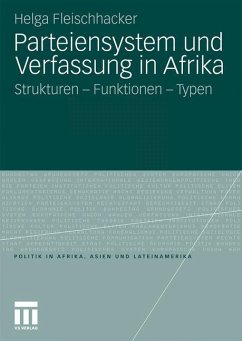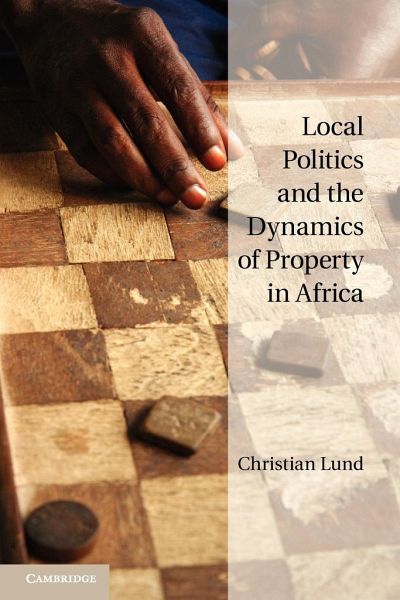
Local Politics and the Dynamics of Property in Africa
Versandkostenfrei!
Versandfertig in 1-2 Wochen
42,99 €
inkl. MwSt.

PAYBACK Punkte
21 °P sammeln!
Access to land and property is vital to people's livelihoods in rural, peri-urban, and urban areas in Africa. People exert tremendous energy to have land claims recognized as rights with a variety of political, administrative, and legal institutions. This book provides a detailed analysis of how public authority and the state are formed through debates and struggles over property in the Upper East Region of Ghana. While scarcity may indeed promote exclusivity, the evidence from this book shows that when there are many institutions competing for the right to authorize claims to land, the result...
Access to land and property is vital to people's livelihoods in rural, peri-urban, and urban areas in Africa. People exert tremendous energy to have land claims recognized as rights with a variety of political, administrative, and legal institutions. This book provides a detailed analysis of how public authority and the state are formed through debates and struggles over property in the Upper East Region of Ghana. While scarcity may indeed promote exclusivity, the evidence from this book shows that when there are many institutions competing for the right to authorize claims to land, the result of an effort to unify and clarify the law is to intensify competition among them and weaken their legitimacy. The book explores how state divestiture of land in 1979 encouraged competition between customary authorities and how the institution of the earthpriest was revived. Such processes are key to understanding property and authority in Africa. People exert tremendous energy to have land claims recognized as rights with a variety of political, administrative, and legal institutions in Africa. This book provides a detailed analysis of how public authority and the state are formed through debates and struggles over property in the Upper East Region of Ghana.





